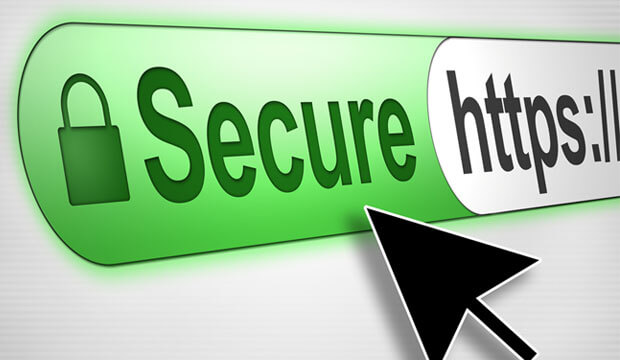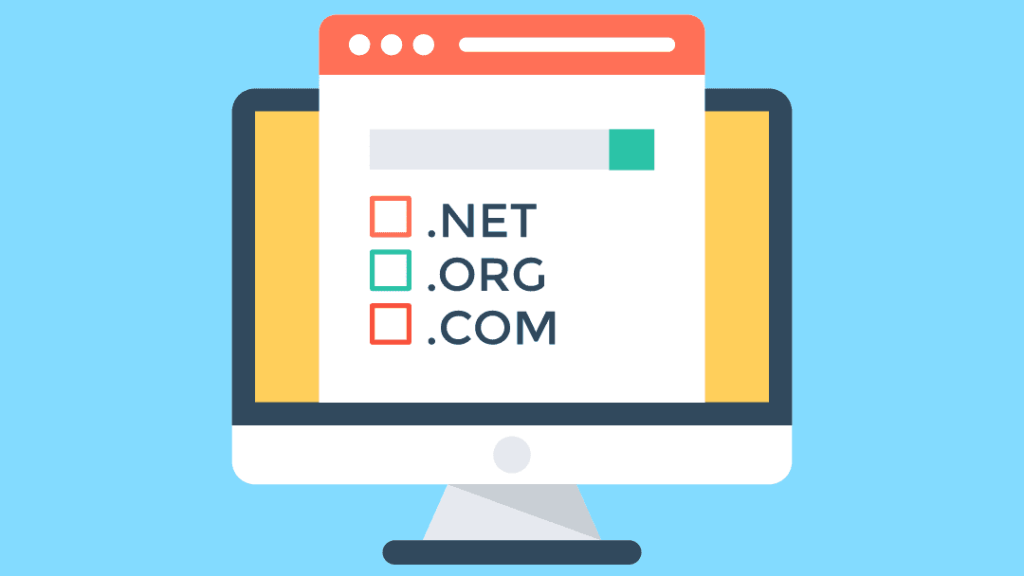
You’ve had the perfect business idea brewing in your head, and now it’s time to make it a reality. But where do you start? Before you can share your genius with the world, you need to give your business a name and establish an online presence. That’s where choosing the right business name and domain name come in. These two elements are vital in setting the foundation for your brand identity and ensuring your business is easily discoverable on the internet.
In today’s increasingly digital world, your business name and domain name are more than just labels; they are essential components of your brand’s image and reputation. They convey your company’s purpose, values, and offerings, all while helping you stand out from the competition. In this comprehensive guide, we’ll take you through the process of brainstorming, selecting, and registering a business name and domain name that perfectly encapsulates your brand’s essence. So, buckle up and get ready to take the first step towards securing your brand’s identity and carving out your own little corner of the internet.

Brainstorming the Perfect Business Name
- Reflect on your brand’s identity and mission: Before you can choose a name that represents your business, you need to have a clear understanding of what your brand stands for. Consider your company’s mission, target audience, and the products or services you offer. Use this information as a starting point to brainstorm names that embody your brand’s essence.
- Keep it simple and memorable: An effective business name should be easy to pronounce, spell, and remember. Avoid using long or complex words, and opt for something that rolls off the tongue. This will help ensure that your target audience can easily recall and share your business name with others.
- Check for availability: Once you’ve narrowed down your options, it’s crucial to ensure that your chosen name isn’t already taken by another business. In Kenya, you can check the availability of a business name through the eCitizen portal or the Business Registration Service (BRS) website.
- Test your name with your target audience: Before finalizing your business name, it’s a good idea to get feedback from your target audience. Share your top choices with friends, family, or potential customers to gauge their reactions and gather valuable insights. This will help you make a more informed decision and increase the likelihood of your business name resonating with your target market.
- Legal considerations: When choosing a business name, make sure it doesn’t infringe on any existing trademarks or copyrights. This can lead to legal disputes and force you to change your name down the line, resulting in a costly rebranding process. You can search for existing trademarks in Kenya through the Kenya Industrial Property Institute (KIPI) website.
Securing Your Domain Name
- Choose the right domain extension: Once you have your business name, it’s time to select a domain extension. The most popular and widely recognized domain extension is the “.com.” However, for businesses specifically targeting the Kenyan market, a “.co.ke” domain extension might be more suitable. You can explore various domain extensions and their availability at domain registrars like Namecheap or Kenya Web Experts.
- Consider alternative domain names: In case your desired domain name is already taken, think of creative alternatives or variations. You can try adding relevant keywords, using abbreviations, or incorporating geographical locations to come up with a unique domain name that still reflects your brand identity.
- Use a reliable domain registrar: To register your domain name, choose a reputable domain registrar that offers competitive pricing, excellent customer support, and additional services like domain privacy protection and email hosting. Some popular domain registrars in Kenya include Safaricom, Kenic, and BitHub Africa.
- Opt for domain privacy: When registering your domain name, it’s essential to protect your personal information from being publicly accessible through WHOIS databases. Many domain registrars offer domain privacy services that replace your personal information with the registrar’s details. This helps keep your information safe from spammers and potential hackers.
- Set up your professional email address: Having a custom email address that matches your domain name not only looks more professional but also helps build credibility with customers. Most domain registrars offer email hosting services as an add-on, making it easy to create your branded email address.


Tips for Choosing the Best Domain Name for Your Business
- Keep it short and memorable: A shorter domain name is easier to remember and type, reducing the risk of typos and misspellings. Aim for a domain name that is between 1-3 words, ideally not exceeding 15 characters. This will make it more user-friendly and easier for your audience to recall.
- Make it easy to spell and pronounce: Avoid using complicated words or unconventional spellings that might confuse your audience. Stick to simple, easy-to-understand words that can be effortlessly pronounced by your target market. This increases the likelihood of your domain name being shared through word-of-mouth and online search queries.
- Include relevant keywords: Incorporating industry-specific keywords in your domain name can improve your website’s SEO and make it more discoverable by search engines. This can potentially drive more organic traffic to your site, boosting brand awareness and visibility.
- Avoid using numbers and hyphens: Numbers and hyphens in domain names can be confusing, especially when shared verbally. People might not know whether to spell the number out or use the numeral, while hyphens can be easily forgotten or misplaced. To prevent confusion, stick to letters only.
- Check for potential legal issues: Before registering your domain name, ensure it doesn’t infringe on any trademarks or intellectual property rights. Conduct a quick search on platforms like WIPO Global Brand Database or Kenya Industrial Property Institute (KIPI) to verify that your chosen domain name is legally available for use.
The Importance of Securing Your Domain Name
- Protect your brand: Securing your domain name is essential to protect your brand identity and prevent others from using it for their own purposes. By owning your desired domain, you ensure that no one else can impersonate your business or capitalize on your reputation.
- Maintain consistency across platforms: When you secure your domain name, it allows you to establish a consistent online presence across different channels such as your website, social media, and email addresses. This consistency contributes to a professional image and increases trust among your customers.
- Boost your online visibility: A well-chosen domain name can contribute to higher search engine rankings, driving more organic traffic to your website. This increased visibility can translate into more leads, customers, and revenue for your business.
In conclusion, selecting the right business and domain name is a crucial step in establishing your online presence. Following the outlined steps and tips can help you create a memorable and easily discoverable domain name that will set your business up for long-term success. And remember, whether you need help with web design, development, or digital marketing, AxeDigital Studios is here to support you throughout your online journey. Reach out to us today and let’s get started on building a strong online presence for your business!




